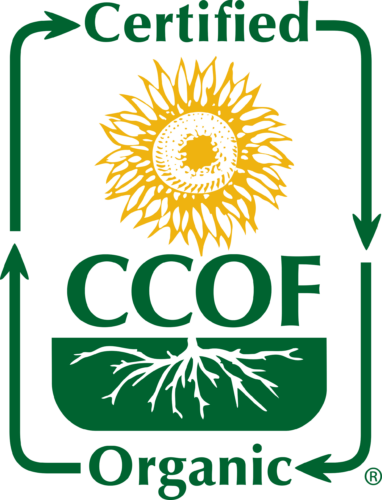
We are aware of the difficult situation currently unfolding in parts of Mexico. Please remember that the safety of our clients and inspectors is our top priority. We are fully prepared to reschedule inspections, extend deadlines, or postpone activities as needed.
If you need to request a deadline extension, you may contact your Certification Service Specialist or email CCOF at inbox@ccof.org. For inspection rescheduling, your inspector may reach out to you directly, or you are welcome to contact them as needed.
Our thoughts are with everyone affected, and we hope you and your loved ones remain safe.